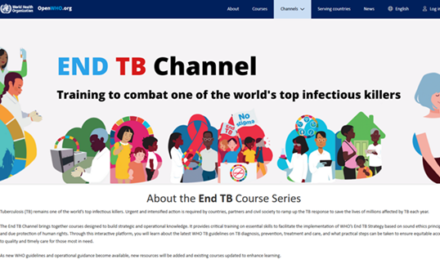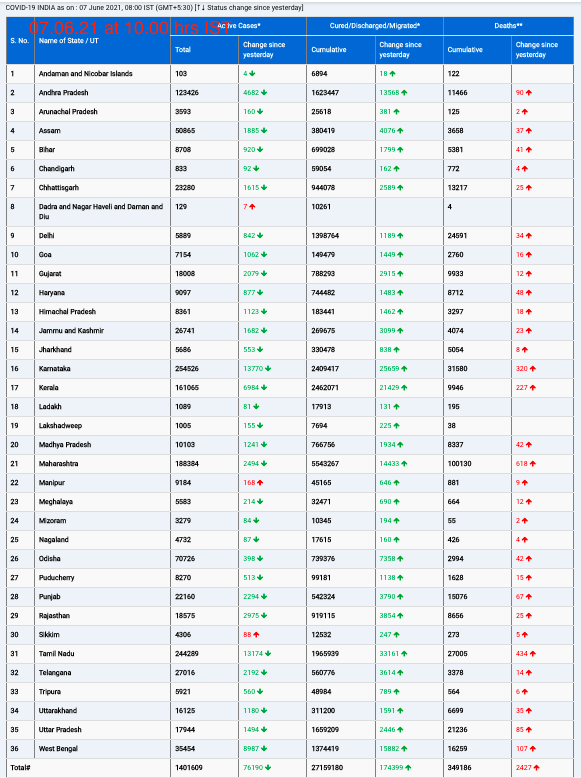A comprehensive study published in The Lancet reveals a significant increase in global life expectancy over the past three decades, with reductions in mortality from leading causes contributing to this progress. However, the COVID-19 pandemic has posed significant challenges, disrupting advancements in health outcomes worldwide.
The study, conducted by researchers from Mass General Brigham’s Brigham and Women’s Hospital and Massachusetts General Hospital, provides a detailed analysis of global mortality trends and the impact of COVID-19 on life expectancy. According to the findings, global life expectancy has increased by 6.2 years since 1990, driven by declines in deaths from diseases such as diarrhea, lower respiratory infections, stroke, and ischemic heart disease.
Lead author Dr. Liane Ong emphasized the nuanced nature of global health trends, stating, “Our study presents a nuanced picture of the world’s health. On one hand, we see countries’ monumental achievements in preventing deaths from diarrhea and stroke. At the same time, we see how much the COVID-19 pandemic has set us back.”
The study highlights regional variations in life expectancy gains, with Southeast Asia, East Asia, and Oceania experiencing the largest net increase in life expectancy. These gains were attributed to successful management of chronic respiratory diseases and effective COVID-19 response measures. However, regions such as Latin America and the Caribbean and sub-Saharan Africa were disproportionately affected by COVID-19, resulting in significant declines in life expectancy.
COVID-19 emerged as the second-leading cause of death globally, displacing stroke for the first time in three decades. The study underscores the profound impact of the pandemic on mortality patterns and emphasizes the need for continued vigilance in combating infectious diseases.
Despite progress in reducing mortality from communicable diseases, the study also highlights emerging threats from non-communicable diseases such as diabetes and kidney diseases. While high-income countries have made strides in addressing these conditions, many low-income countries continue to face challenges in access to healthcare and lifesaving interventions.
Professor Mohsen Naghavi, co-first author of the study, emphasized the importance of prioritizing prevention and treatment strategies for communicable diseases. “Now, we need to focus on preventing and treating these diseases, strengthening and expanding immunization programs, and developing brand-new vaccines against E. coli, norovirus, and Shigella,” he stated.
The study underscores the urgent need for global collaboration to address disparities in health outcomes and ensure equitable access to healthcare interventions. As the world continues to grapple with the aftermath of the COVID-19 pandemic, efforts to improve public health and combat emerging health threats remain paramount.












